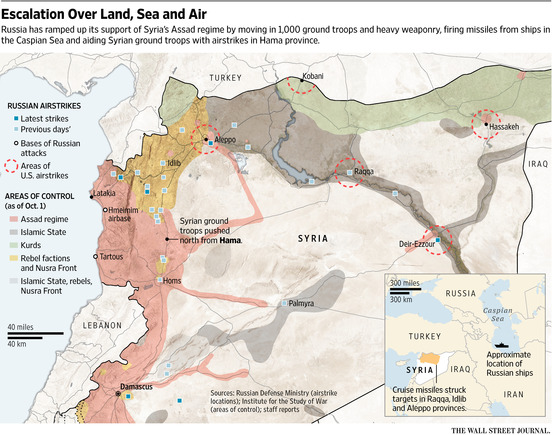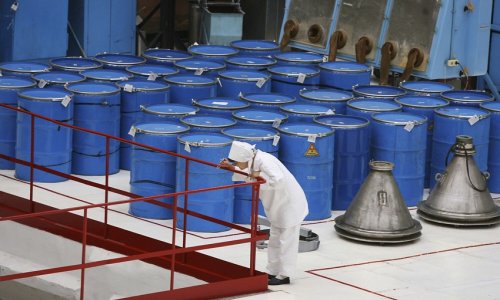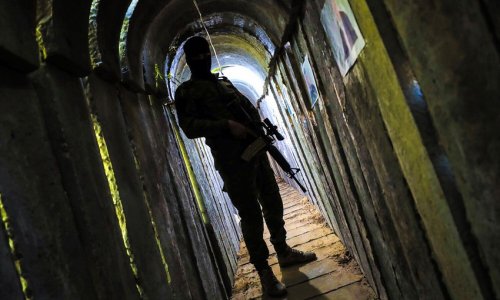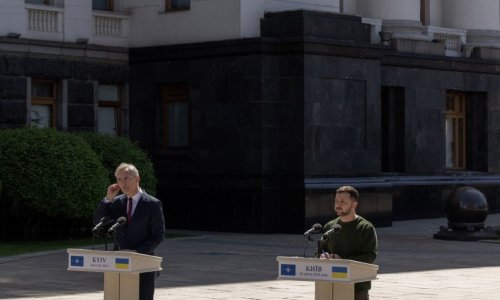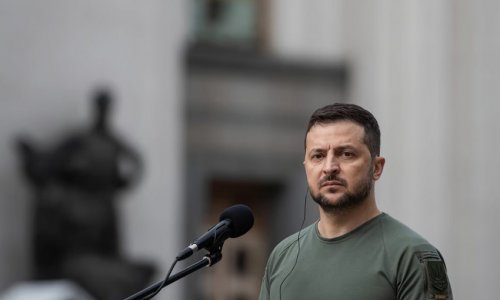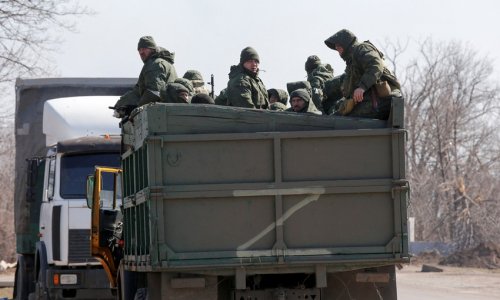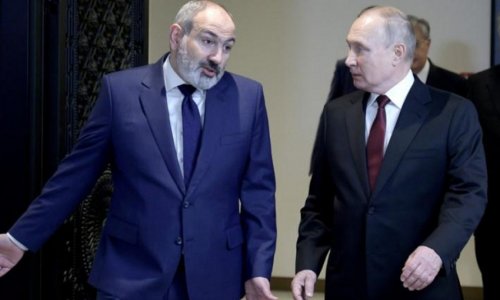Russia’s military actions–including the Moscow-initiated offensive against Syrian President Bashar al-Assad’s adversaries in the Hama region–will extend the life of the Assad regime. But contrary to some breathless speculation, bloody warfare in Syria is likely to rumble on without any immediate or fundamental change in terms. A true "game-changer” would mean serious U.S., Gulf state, and Turkish pushback against Vladimir Putin‘s actions, as well as a commitment to run a costly proxy war against him in Syria. And those things are extremely unlikely.
A year ago, Mr. Putin’s annexation of Crimea and efforts to destabilize Ukraine were seen as fundamentally changing the terms of foreign relations. Some suggested the world was on the verge of a new Cold War, with the Baltics or even Poland potential next stops for Mr. Putin. Now many have decided that Mr. Putin’s move into Syria is some kind of master stroke–and the beginning of Russia’s re-entry into the Middle East and surging Russian influence there. More likely is that Mr. Putin, angered by the West’s ouster of Moammar Gadhafi in Libya and the growing turbulence in the Middle East, sees Syria and support for Mr. Assad–a longtime Russian ally–as a space where he can act to frustrate U.S. designs.
Mr. Putin has a masterful sense of timing, and he is not afraid to take risks, particularly when he perceives that his actions are likely to face little resistance. One could argue that his intervention in Syria was not an offensive step at all but an effort to buck up a failing regime. Mr. Putin’s actions look bold because the Syrian situation has been frozen in bloody status quo for years; the U.S. lacks a coherent strategy; and Russia has allies on the ground–Iran and Hezbollah–that can actually fight. Seen next to the U.S. policy morass, Mr. Putin looks like a strategic genius. But is he?
Syria may prove to be a trap for Vladimir Putin. While it won’t be a repeat of Russia’s missteps in Afghanistan, the outcome is nowhere near certain. Even if he wanted to, Mr. Putin won’t support and cannot sustain a campaign to make Syria whole again under Mr. Assad’s control. At best, Russia, in conjunction with its Iranian, Syrian and Hezbollah allies, will buck up the Assad regime, blunt the opposition’s efforts to weaken it further, and perhaps help consolidate a kind of Alawite mini-state in the fifth or so of the country Mr. Assad’s forces control. Anthony H. Cordesman has brilliantly argued in this space that no external power can fix Syria or put the Syrian Humpty-Dumpty back together again. What Mr. Putin can do is limit U.S. and Saudi options to support Mr. Assad’s opponents and to ensure yet another frozen conflict that extends the life of his Syrian client.
That’s not a "game-changer.” And Mr. Putin cannot fundamentally and permanently alter the battlefield balance without a much greater investment in Russian military power, specifically ground forces. It seems highly unlikely that Moscow will deploy these in large numbers. Russia can’t win Mr. Assad’s war for him from the air. It can keep him afloat. How Mr. Putin sees the situation in Syria a year from now is not clear. Are his military actions an effort eventually to negotiate a Russian- brokered political transition to ease out Mr. Assad, to create an Alawite rump statelet run by Mr. Assad; or just to keep his hand in the messy bottomless pit that is Syria? We just don’t know. But one thing is clear: The odds are very long that Mr. Putin’s intervention will profoundly alter the dynamic in Syria and bring clarity or an end to that country’s mess. Even a more assertive U.S. effort to enforce "no fly” zones or provide more sophisticated weapons to U.S.-backed opposition groups won’t do that.
www.ann.az
Follow us !

